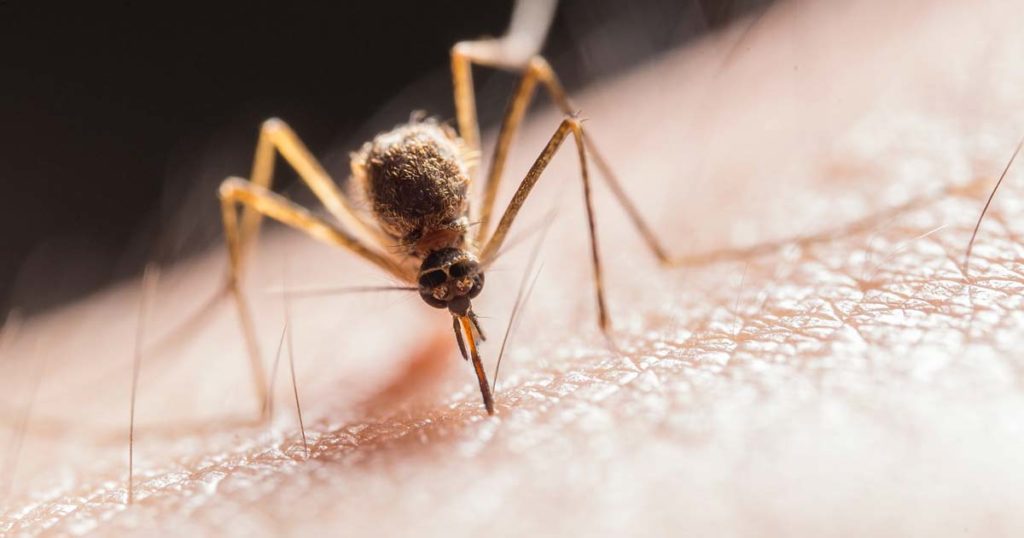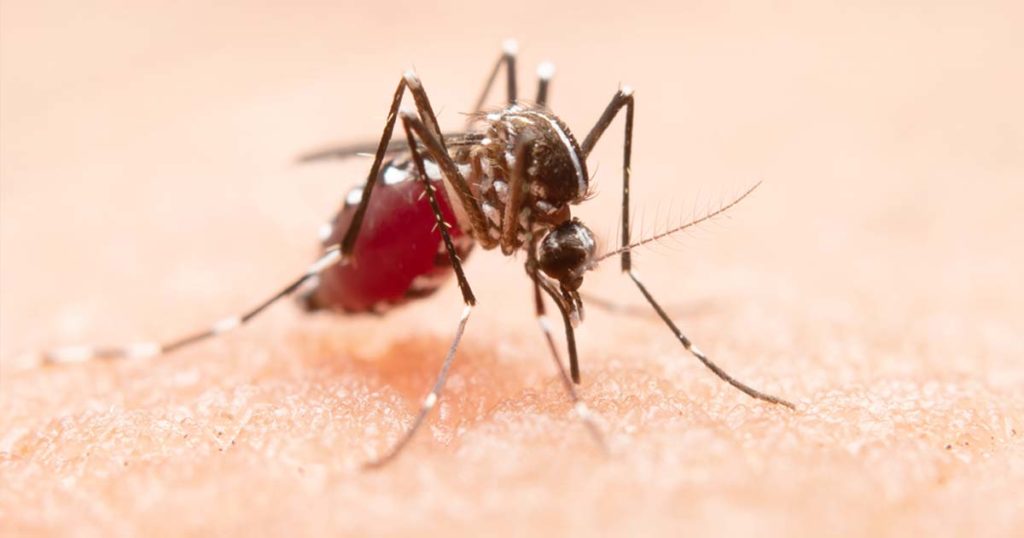Most people have a very good idea of just what it is they need when they’re under stress; they rightly say it’s nothing that more time or a holiday wouldn’t fix! When so many stress problems result from simple neglect of doing what we know to be right for us, it’s only fair to give a plug to basic commonsense. Let’s look at 12 simple but important ways to help yourself.
1. Good food
Increase your resistance to stress with a balanced, healthy diet. Eat-in moderation three times a day and be sure to include:
Plenty of roughage, especially grains and cereals.
Plenty of fruit and vegetables.
Small to moderate amounts of fats, oils, and proteins (meat, chicken, fish).
Lots of freshwaters (at least eight glasses a day).
2. Fitness
Moderate, regular physical exercise soaks up stress-produced chemicals and promotes relaxation and good sleep. Activities such as brisk walking, aerobics, swimming, cycling and jogging for about 20 minutes at least three times a week are all that’s necessary … although daily exercise is even better.
Any exercise at all is good for the body, as long as it’s light to moderate. Two simple rules of moderate exertion are:
Work up only a light sweat (a ‘glow’).
Be able to hold a conversation at the same time if necessary (that is, you shouldn’t make yourself so breathless you can’t speak).
3. Breathing
Learning to breathe evenly and deeply, using the diaphragm to allow the chest to expand fully, is a great stress-beater. A deep breath before a stressful event will help you cope. If you need help learning how to breathe properly, a physiotherapist can advise you. Physiotherapy can help people who need more specialized advice on breathing, such as those with anxiety disorders.
4. Relaxation
Pausing to reflect on life promotes tranquility. This involves consciously deciding to take time out for physical and mental quietness whenever you find it necessary. It is better to relax a little more times a day than to bottle up your tension or frustration.
5. Find an interest or a hobby
These allow you to learn and enjoy applying practical skills in a relaxed way. Be creative, express yourself! Take classes and open up to your personal search for quality, satisfaction or fun. Mingle with like-minded friends. All will increase your enjoyment of life and reduce your feelings of stress.
6. Take a holiday
A break from routine and obligations can be a real tonic, even if brief or done cheaply. It is difficult to have a real holiday at home, but even a single day off can be useful, especially if you can sleep in. Organizing small breaks and day trips helps; longer holidays are even better!
7. Plug into a support network
Try to become part of a large helping group: friends, family, and associates. Wellbeing and happiness come from good relationships; make the time to develop these.
8. Avoid bad habits
While having a glass of beer or wine with meals may be civilized, it is all too easy to consume large quantities of alcohol when under stress. If you drink more than 24 standard drinks weekly (for men; for women, around 14), you are at risk of mental and physical problems, now and in the future. A standard drink is one middy of beer or one glass of wine or one nip of spirits.
Overeating and other bad habits such as nail-biting, teeth-grinding, air-swallowing and over-breathing can also be signals of stress. To learn how to manage such problems, you should consult your general practitioner, as there may be underlying anxieties requiring assessment and referral to a specialist for help.
9. Set a daily routine
Give yourself time, especially in the morning, for establishing a peaceful start to the day. The morning is the best time for meditation and exercise — both excellent stress-beaters, as we’ve seen. Set the tone for the day with time for yourself and re-establish your relaxed attitude with regular ‘pit stops’ throughout the day with brief sessions of breathing and relaxation. Make the beginning and end of your day predictable and tranquil as much as possible.
10. Grow a garden
Cultivating plants and flowers in pots or your backyard, taking pleasure and comfort from watching them grow, is a soothing and ancient joy.
11. Have a pet
Consider investing in a family pet. Research indicates that people with pets are significantly less stressed and enjoy a better quality of life than others, particularly those living alone. Pets provide company, as well as uncritical devotion and loyalty — all important to your wellbeing and self-esteem. And having something warm and furry to cuddle is a great comfort!
12. Cultivate stillness
Many people conduct constant mental commentary on themselves and their actions. This is not always helpful, particularly if this mental chatter is negative. If you make a mistake, do you call yourself ‘stupid’? If you do well, do you give yourself credit?
One way to reduce stress is to reduce thinking in some situations. When you are concentrating on a delicate job, such as threading a needle, isn’t it easier to focus all of your attention on the thread? Wouldn’t it be difficult to discuss politics at the same time?
In the same way, cutting out distracting mental chatter will help you concentrate fully on your daily tasks. Such concentration will, in fact, focus your mind and increase your awareness of yourself and your sensations, in a way similar to practicing meditation. Some cultures, particularly the Japanese, cultivate stillness and quietness as mental and emotional values. If you feel rushed and harried, these are values worth having.






